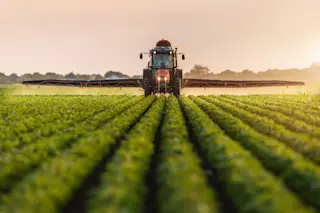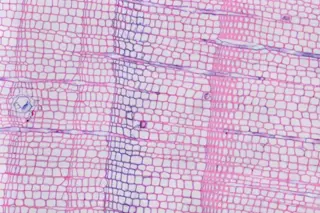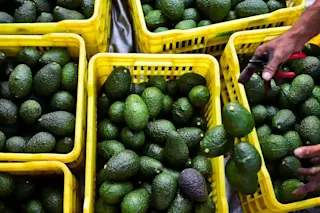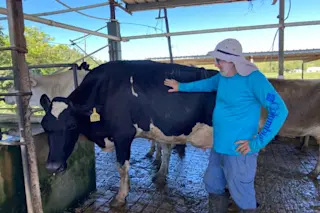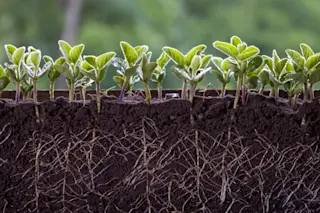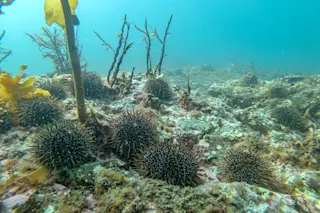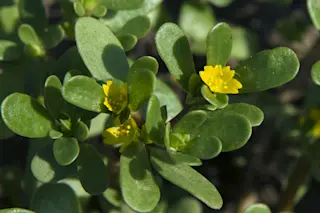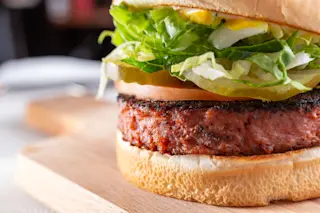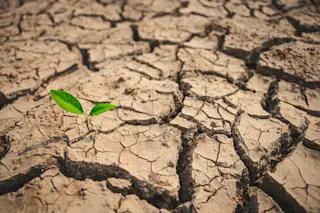What if your ability to feed yourself was dependent on a process that made a mistake 20 percent of the time? We face this situation every day. That’s because the plants that produce the food we eat evolved to solve a chemistry problem that arose billions of years ago.
Plants evolved to use carbon dioxide to make our food and the oxygen we breathe – a process called photosynthesis. But they grew so well and produced so much oxygen that this gas began to dominate the atmosphere.
To plants, carbon dioxide and oxygen look very similar, and sometimes, plants use an oxygen instead of carbon dioxide. When this happens, toxic compounds are created, which lowers crop yields and costs us 148 trillion calories per year in unrealized wheat and soybean yield – or enough calories to feed an additional 200 million people for a whole year.
Improving crop yields to ...


